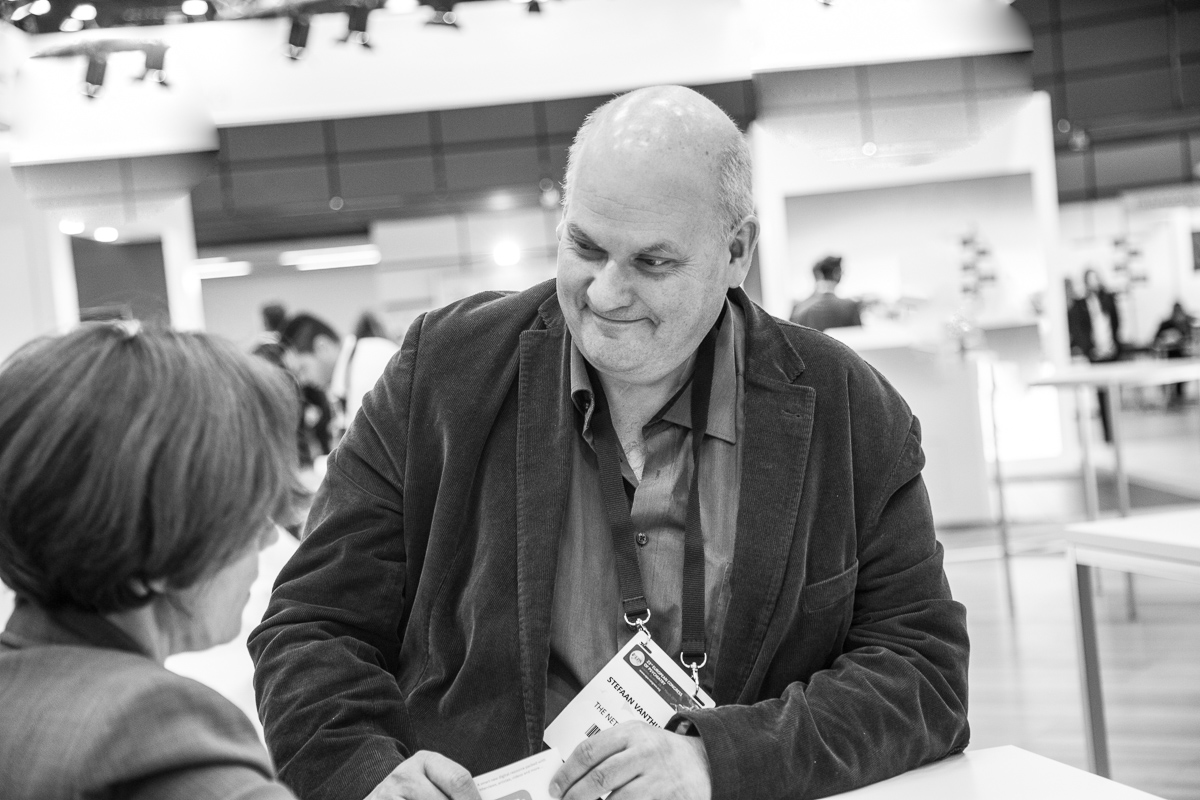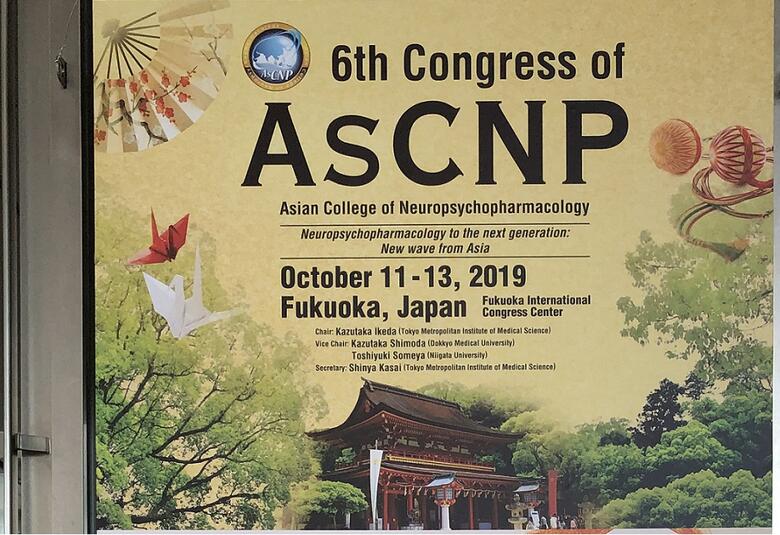
Interview with Dr Stefan Vanthuyne about schizophrenia in practice
Interview with Dr Stefan Vanthuyne, The Netherlands about talking to patients with schizophrenia and other important issues.
Q. When you first tell a patient they have schizophrenia, do you tell them this is a lifelong condition?
A. Patients are told it is a chronic condition but one that, with appropriate treatment, can allow them to still have a quasi-normal life.
Q. Having made a diagnosis of schizophrenia – do you tell patients at that point how long they are likely to need to be on medication?
A. Patients normally would be on lifelong medication. In the case of a single, short episode of psychosis, therapies might be reviewed after 2-3 years.
Q. What factors have a large contribution to the quality of life of a patient with schizophrenia?
A. Medication can contribute greatly to a patient’s quality of life. This is usually given in conjunction with education of the patient and their family so they know about the disease, psychotherapy (the choice of which depends on the individual patient’s needs) and systemic therapy with the families.
Q. What methods do you employ to preserve or improve the quality of life of your patients with schizophrenia?
A. Each patient is given a treatment plan and referrals to the appropriate in-house specialist are made. In general, 60% of patients respond relatively well to this approach. More difficult cases are treated as needed.
Compliance with therapy is very important to each patient’s quality of life and discussions about this topic are held with every patient at the outset of therapy – usually long-acting medications are given.
Q. Do you think of schizophrenia as a neurodevelopmental disorder or as a neurodegenerative disease?
A. Although the debate is on-going, there is evidence to support schizophrenia having components of both a neurodevelopmental disorder and a neurodegenerative disease.
Q. What proportion of patients with schizophrenia have the potential to achieve improvements in relationships?
A. Most patients, with the understanding and support of family and friends and more widespread acceptance of patients with schizophrenia within society generally, have the potential to achieve improvements in their relationships. Future education will help promote further tolerance and understanding.
The views and opinions expressed on this page do not necessarily reflect those of Otsuka and Lundbeck.


